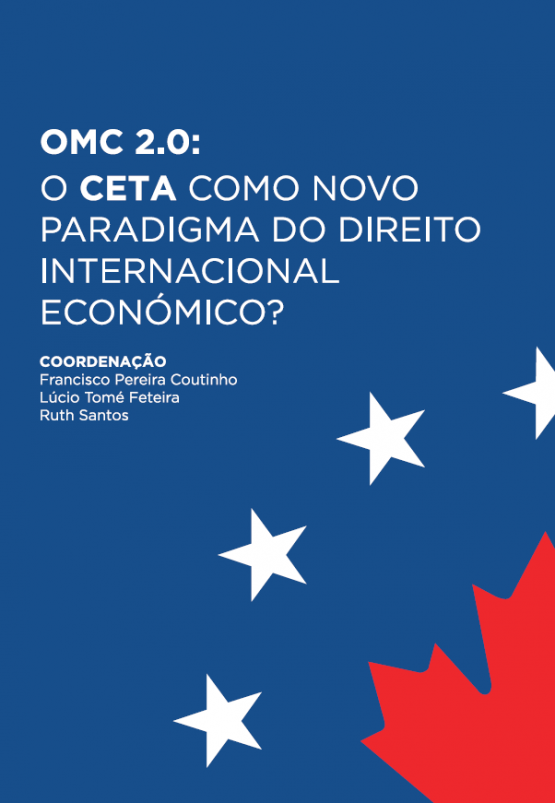
Os novos desafios do Direito Internacional
Sumário do Projeto
O Direito Internacional passou e passa por diversas modificações causadas, sobretudo, pelo processo de globalização e/ou mundialização. Já não pode olhar-se este Direito, unicamente, com base nas teorias clássicas. Surgem, portanto, novas teorias e instrumentos que necessitam de ser tomadas em consideração, pois existe uma interação crescente entre os sistemas jurídicos nacionais e internacionais, que abarcam sistemas jurídicos, estruturas administrativas e organizacionais e diferentes sistemas de cooperação e regulação global.
Neste sentido, o Direito Internacional enfrenta novos desafios, dado que o critério da transnacionalidade afeta as estruturas normativas nacionais e internacionais. A partir daqui, torna-se necessário verificar o respeito pelos direitos fundamentais dos cidadãos, a preservação dos ideais democráticos, os direitos nacionais, a proteção do meio ambiente, o impacto nas administrações públicas nacionais e a prestação de contas (accountability).
Nesta linha, o projeto “Os Novos Desafios do Direito Internacional” tem por objetivo analisar o impacto da formação dos acordos megarregionais, como o CETA, MERCOSUL – UE e TTIP, uma vez que tais blocos pretendem criar standards, normas e regras que se irão refletir à escala global.
Tais acordos representam um desafio com o qual o Direito Internacional tem que lidar na atualidade, por alterar não apenas a estrutura do comércio internacional, mas também por trazer impactos globais em diferentes ramos do Direito.
Objetivos Específicos do Projeto
O projeto “Novas Tendências do Direito Internacional Económico” tem por objetivo o desenvolvimento da investigação científica em Direito Internacional Económico e a sua repercussão na esfera internacional, europeia e nacional. O estudo é necessário diante das alterações jurídicas provocadas pelo fenómeno da globalização e da transnacionalidade, que tem modificado a relação entre os sujeitos de Direito Internacional, Estado e Organizações Internacionais, bem como tem promovido a entrada de novos atores internacionais.
Instituições
CEDIS/Faculdade de Direito da Universidade Nova de Lisboa
UniCeub – Centro Universitário de Brasília (apresentação de projetos em conjunto para entidades como a CAPES e FCT)
Universidade Federal Minas Gerais (apresentação de projetos em conjunto para entidades como a CAPES e FCT).
Equipa do Projeto
Coordenação do Grupo
• Francisco Pereira Coutinho
• Lúcio Tomé Feteira
• Ruth Santos
Membros do Grupo
• João Francisco Diogo
• Lucila Vilhena
• Maria Inês Gameiro
• Matheus Passos
• Renata Menezes
• Rita Guerreiro
• Tiago Melo Cartaxo
• Sérgio Pedro
Duração
Junho de 2016 a Junho 2020
Financiamento
Fundação para a Ciência e Tecnologia, CEDIS/Faculdade de Direito da Universidade Nova de Lisboa, JurisNova
